Join 1000s Who Trust DermOnDemand
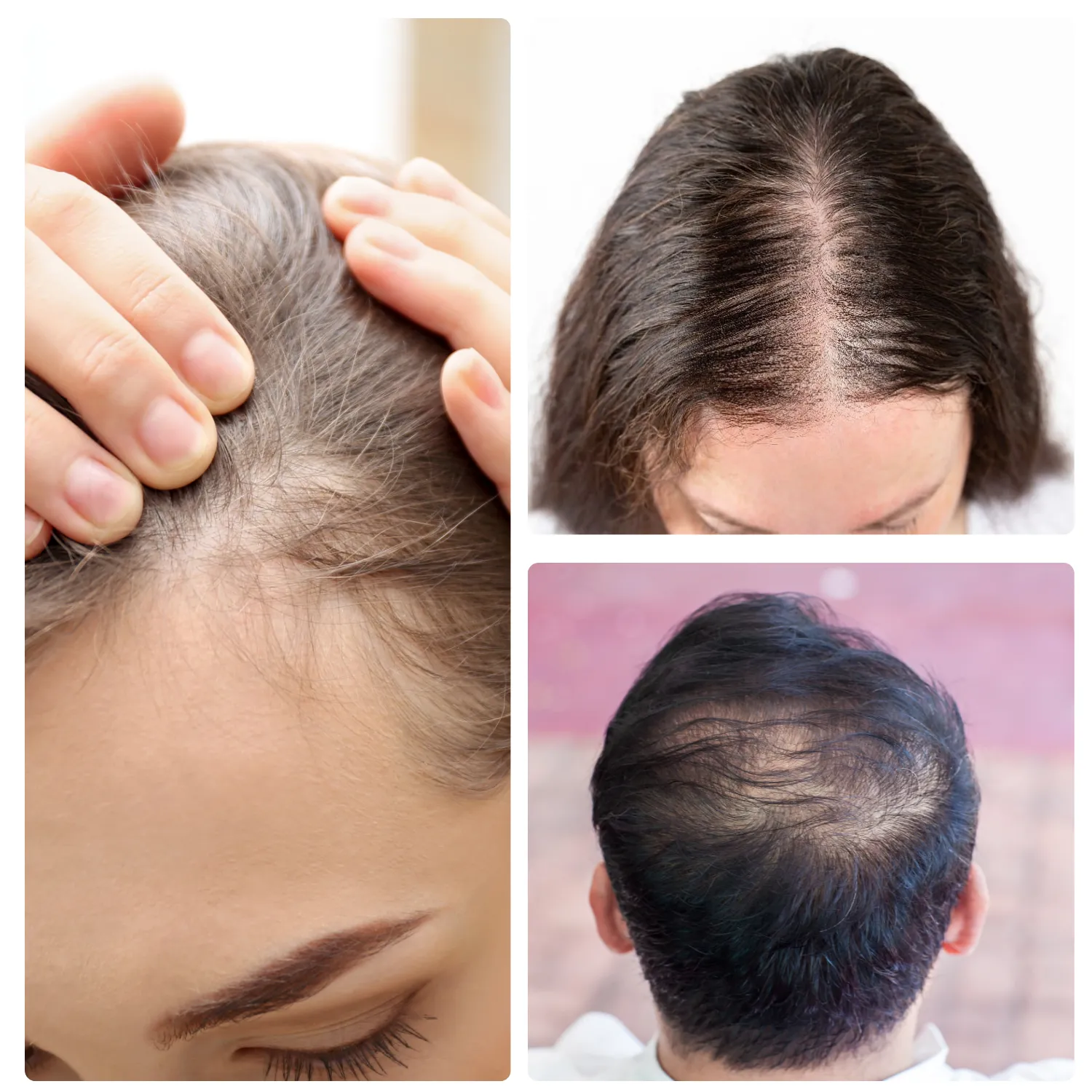
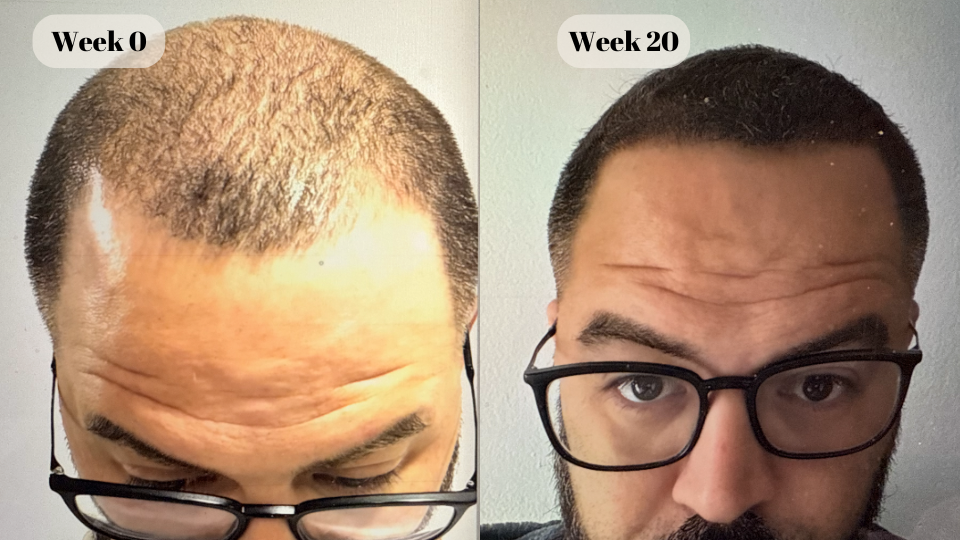
“The difference is night and day — thicker, fuller hair all around.”
Anthony
DermOnDemand patient
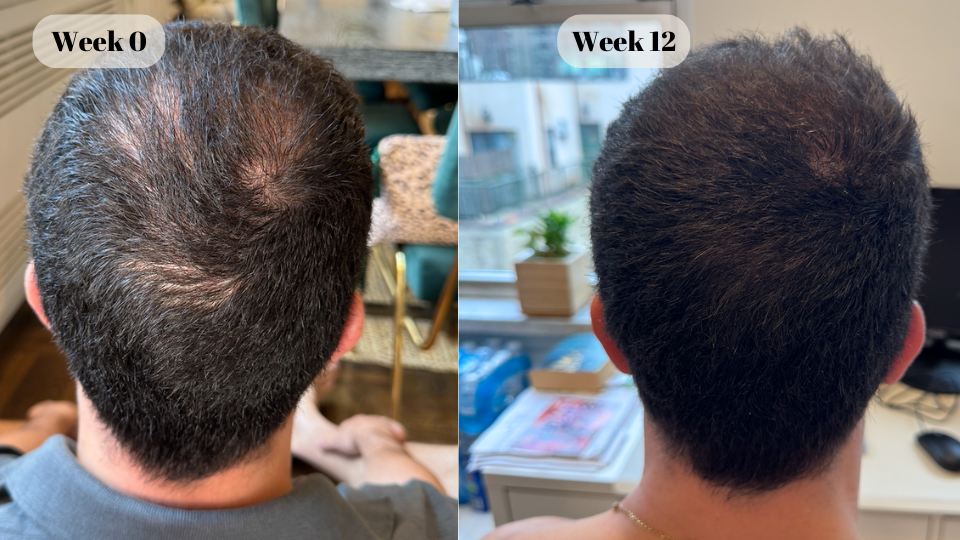
“After trying everything else, this finally worked for me.”
Brandon
DermOnDemand patient
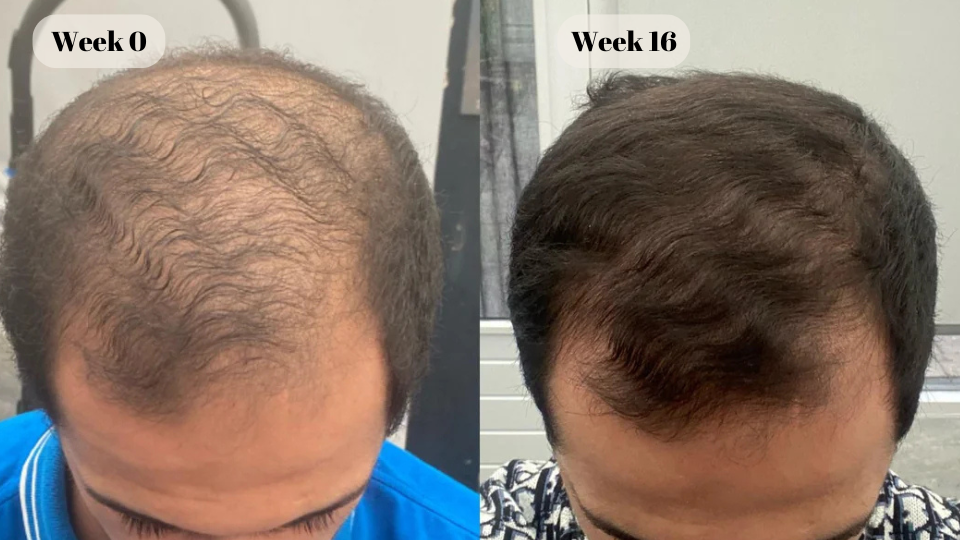
“Visible improvement within weeks — truly amazing.” Ethan
Ethan
DermOnDemand patient
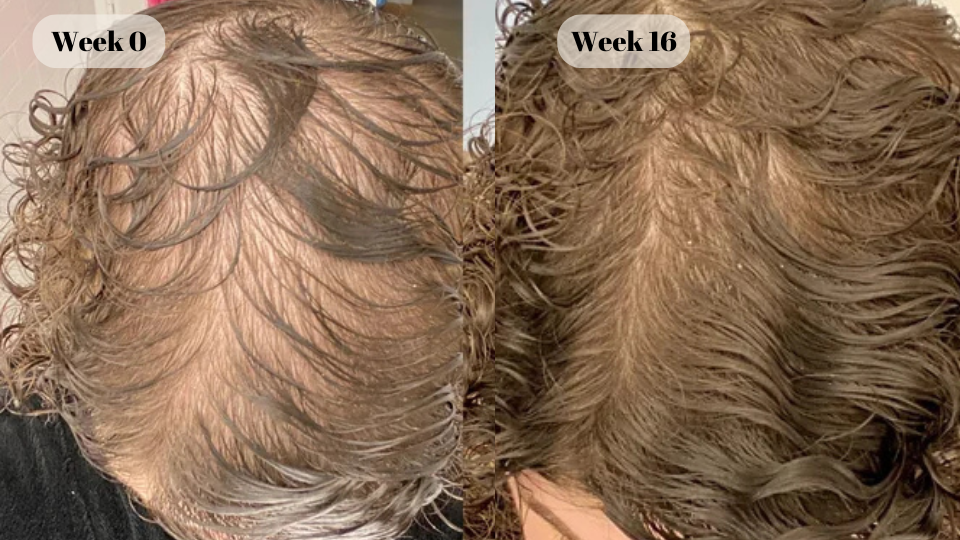
“My scalp looks fuller and healthier than it’s been in years.”
Michael
DermOnDemand patient
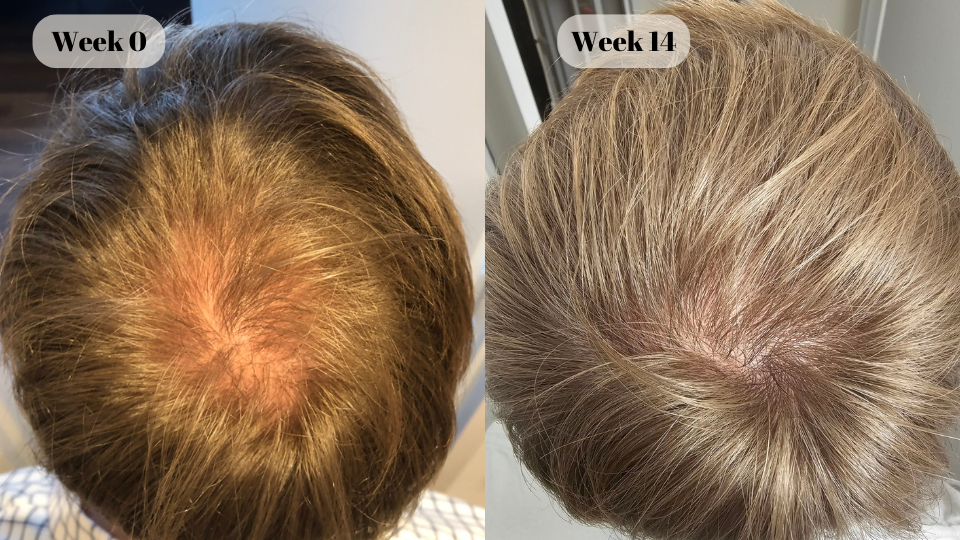
“Can’t believe how much my hairline has improved.” Matthew
Mathew
DermOnDemand patient
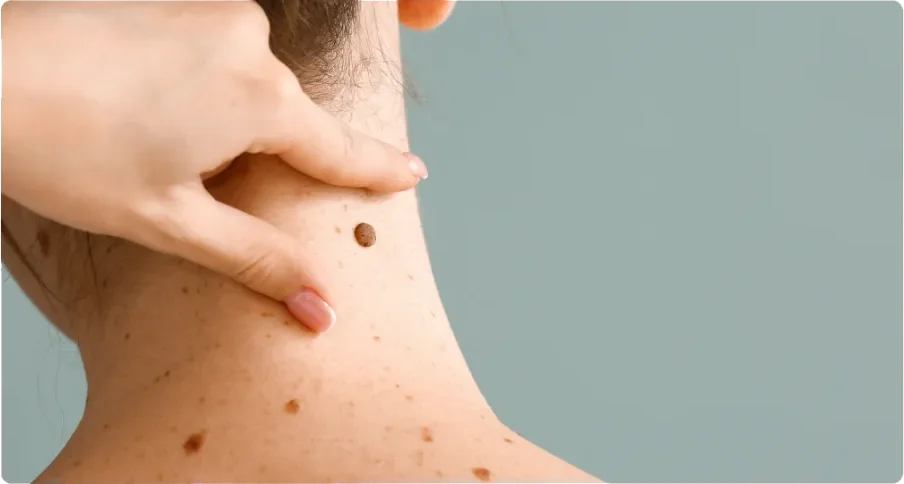
Quickly share your skin concerns by answering a few questions and uploading photos—it takes just 5 minutes.

Our dermatology team will carefully review your information, diagnose your condition, and create a tailored plan within 24 hours.
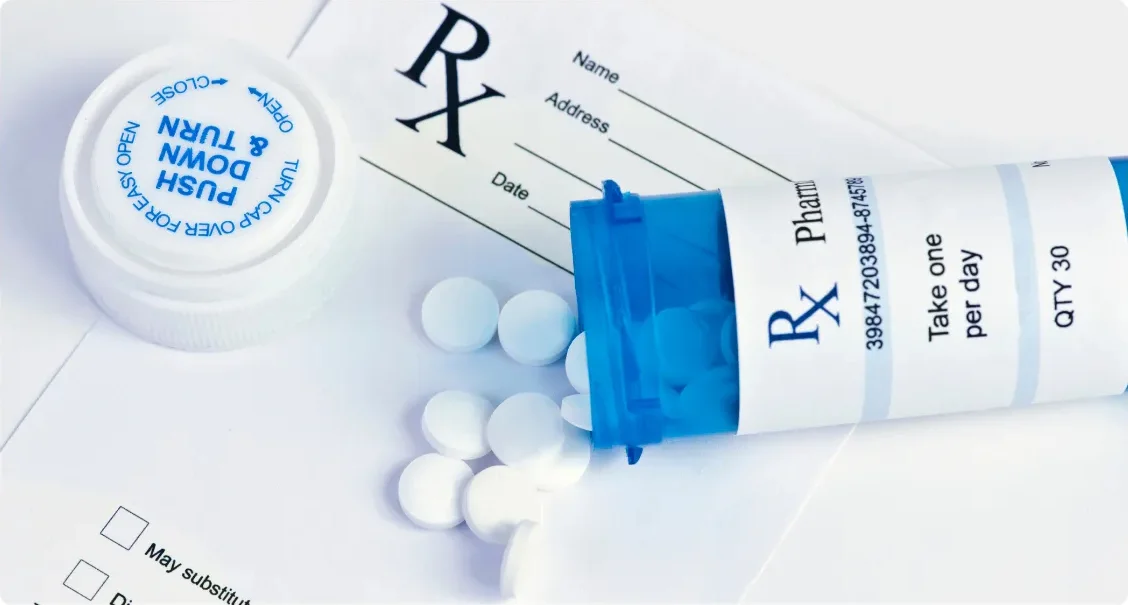
Your customized plan will be sent directly to you, and prescriptions (if needed) will go straight to your pharmacy.
Diet can influence acne in some individuals, though it varies from person to person. Foods with a high glycemic index, like sugary snacks and processed carbs, as well as dairy products, have been linked to worsening acne in some cases. Maintaining a balanced diet rich in vegetables, fruits, and whole grains may help improve skin health.